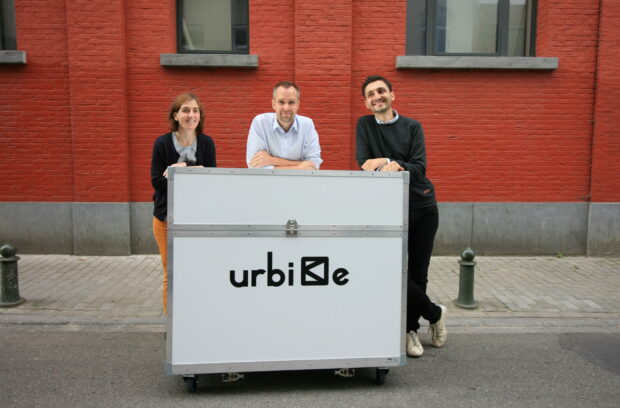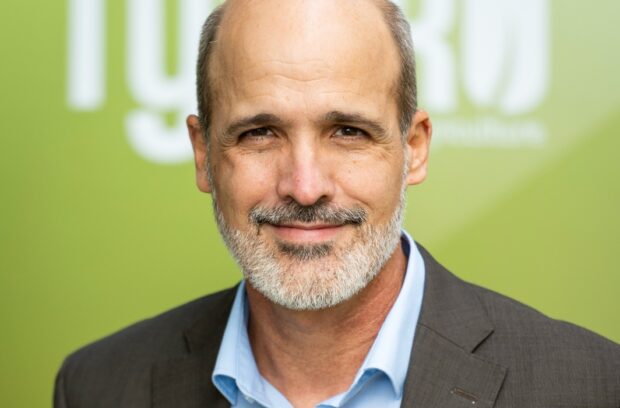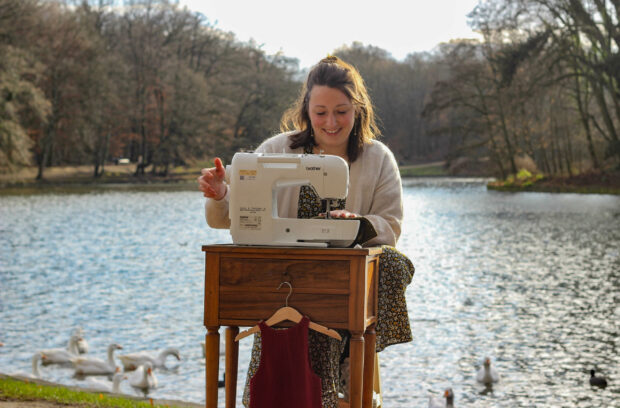Invest Award: Naki Power or energy sharing
The size of the portable battery market was estimated at between $6.8 billion and $17.41 billion in 2019. In addition, the compound annual growth rate (CAGR) for this market has been forecast at between 3.4% and 18.4% between 2020 and 2027.
Naki Power (or Mobile Power Solutions) promotes a collaborative economy, based on sharing goods rather than buying them. The start-up allows everyone to fully enjoy the use of their phone, an object that has become indispensable in our daily lives, by easily recharging their phone, without losing mobility, using portable battery stations located throughout the city.
Each external battery is used to its maximum capacity, thousands of times, by several hundred people.
The concept, originally from Shanghai, was imported to Belgium by Zaccaria Aghemio and Tim Rucquoi-Berger, who decided to set up a new company in Brussels. The team is currently divided between China, Berlin and Brussels.







